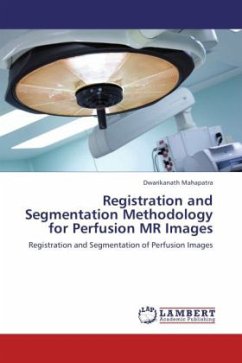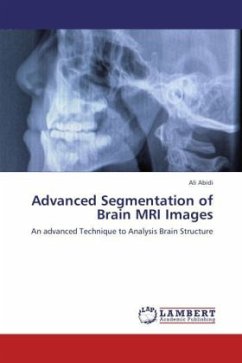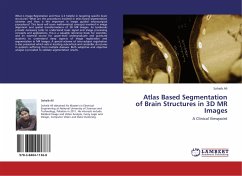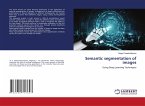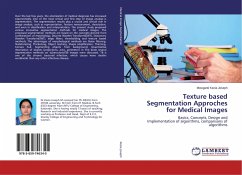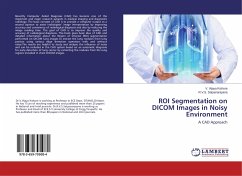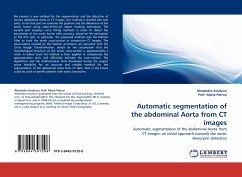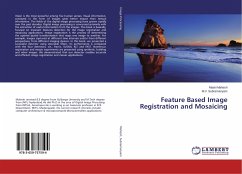Magnetic resonance imaging (MRI) has emerged as a reliable tool for functional analysis of internal organs like the kidney and the heart. Due to the considerable length of time taken to acquire MR images, they are affected by patient motion. Besides, MR images are characterized by low spatial resolution, noise and rapidly changing intensity. Rapid intensity change is the primary challenge that MR image registration methods need to address. This book details some approaches to overcome this challenge. We make use of saliency information that aims to imitate the working of the human visual system for registration of medical images.The second part of our work deals with elastic registration of cardiac perfusion images. The saliency model is modified to reflect the local similarity property at every pixel. Markov random fields (MRFs) are used to integrate saliency and gradient information for elastic registration. Finally we describe a joint registration and segmentation (JRS) methodfor the perfusion images which exploits the mutual dependency of registration and segmentation.
Bitte wählen Sie Ihr Anliegen aus.
Rechnungen
Retourenschein anfordern
Bestellstatus
Storno

